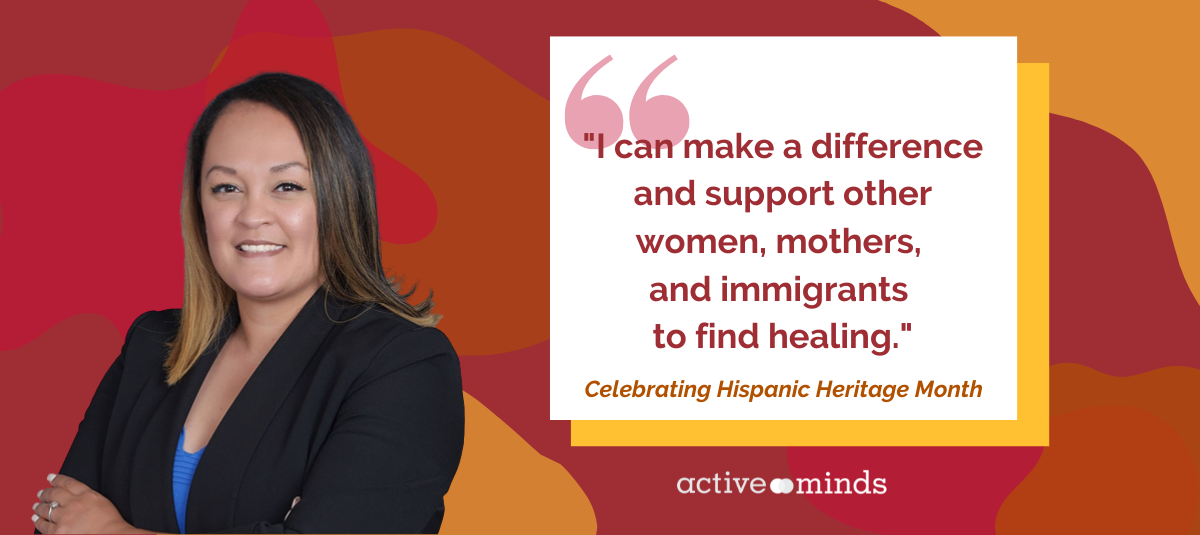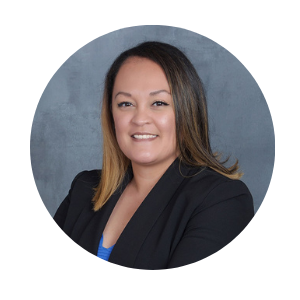Imagine coming home to your mom and asking her to do something you know she would never let you do, but you still ask. You feel that knot in your stomach, and your voice starts to quiver. Growing up, this is how I – and many other Hispanic children and young adults I knew – felt when asking our parents for help with our mental health. When we’re not feeling good, when we’re feeling depressed, or when we can’t or don’t want to get out of bed, our parents constantly remind us of their struggles. They remind us of how hard they’ve had it, and how they just snapped out of it, and we should be able to “get over it,” too. That’s precisely how for many of us, mental health was treated in our Hispanic homes.
The unfortunate reality is that for many in the Hispanic community, there’s no such thing as mental health or constructs for healthy family dynamics. That was my reality growing up as a Hispanic undocumented girl in California, living between low and middle-class households, around abuse, alcoholism, and abandonment. I had no idea for a long time what I was missing, and didn’t even know about the existence of mental health services until I met my middle school counselor. She was the main reason I began understanding my many struggles, reality, and circumstances. But to be honest, the inequities I experienced with limited resources and nearly impossible support due to the stigma in the Hispanic community around mental health were highly discouraging, and greatly delayed my ability to get the help I needed even when I learned of the resources available.
Fast forward to today: I am 37 years old, a mother of three, still unable to qualify for affordable medical care, and mental health services available to me remain almost non-existent. I am able to receive a few sessions per semester at my college, and after that, it’s back to the system that also has limited resources. I decided to be part of the solution.
While they haven’t always completely understood mental health in the way I needed, my family has been a tremendous resource to me in adulthood and has always reinforced my resilience by reminding me of how strong I’ve been and how strong I should continue to be. And as important as that resilience is, I’m done with having that be the only support I allow myself, I’m done with the silence, and I’m done perpetuating this generational cycle around mental health. It’s taken me a while to get here, but I’m ready to not only tell my children that it is okay not to be okay, but that it’s okay to take a day off and be with your thoughts, mend your feelings, and tend to your soul and needs. I’m ready to show them through example, vulnerability and truth.
To think that I was not only traumatized by my own life experiences, but that I had also begun to subconsciously mirror the life that my mother had lived, experienced, and suffered was and is painful. Being an immigrant, a woman, and a mom to three kids, I can only imagine what she felt through her experiences. I know that a lot of my resilience and inquisitiveness to fight for injustice and equity for my community is rooted in the pain I saw in my mother’s eyes, not knowing how to cope with life at times and dissociating from much of her trauma. I know that most of my desire and drive to pursue psychology and become a family and marriage therapist was because I always saw the need for more Hispanic women to model positive mental health behaviors, especially to destigmatize the topic of mental health services.
Life at times has led me down pathways that might have derailed my career. Still, I know they have brought me to the right place in the end, and with the right mindset to move forward with the hope that I can make a difference and support other women, mothers, and immigrants to find healing.




